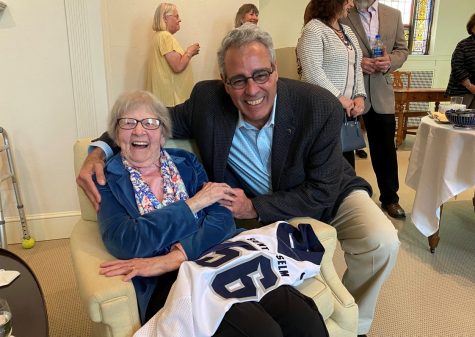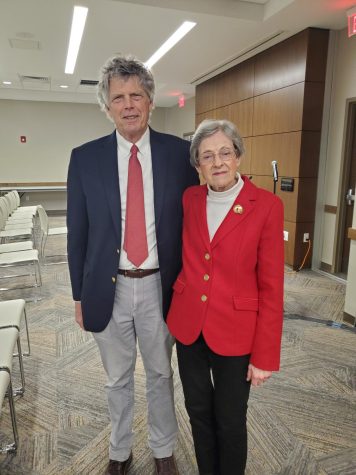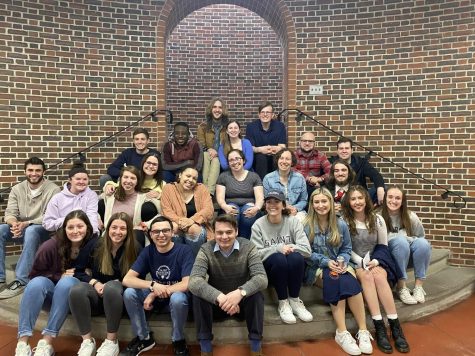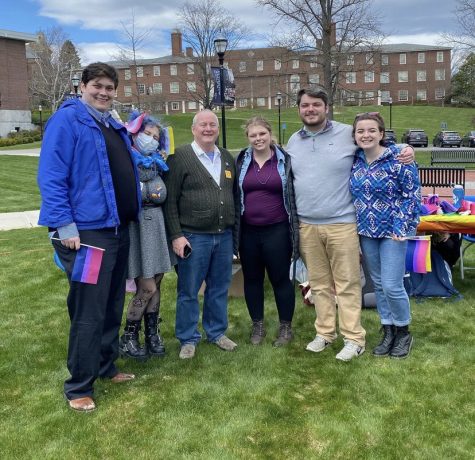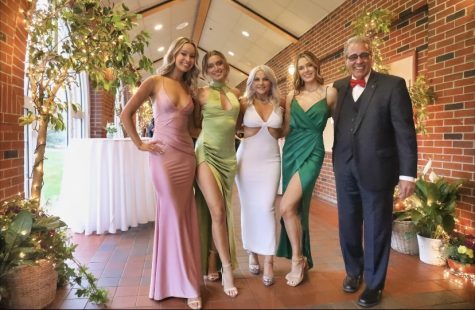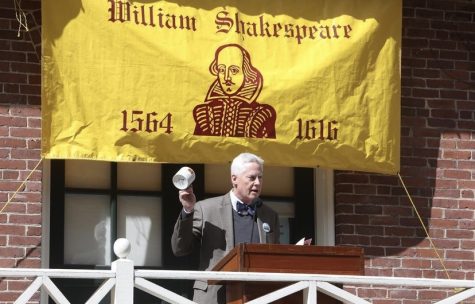Differentiating the truth from opinion
November 5, 2021
“At the heart of liberty is the right to define one’s own concept of existence, of meaning, of the universe, and of the mystery of human life,” wrote Justice Anthony Kennedy in his 1992 opinion of Planned Parenthood v. Casey. The problem with his halfwitted words are that they would make one believe that they need not appeal to a higher order of truth, but that they may possess all the answers to life’s questions in their very own minds. In other words, “my own mind is my own church,” as Thomas Paine believed. The problem with this shallow theory of life is that it sets up no clear boundary for where freedoms begin and end and inevitably leads to the death of a nation.
Let me be clear; people are entitled to believe whatever they want, but that does not give them the rubber stamp of accuracy. If everyone’s own personal truth was to be correct, none would be correct. If it were so that one person believed the sky was brown and another that it was blue, the world which Justice Kennedy described would make both of them as right as the other. This cannot be the case, as someone has to be right and the other wrong, it’s just a simple fact of life. While the idea of the diversity of opinions should be celebrated, the idea of the diversity of truths should be condemned as a modern heresy.
As with most complex issues, there is more than one approach to looking at the problem. If this were to be examined through a theological lens, it would fall flat. In John 14:6 Jesus says “I am the way and the truth and the life. No one comes to the Father except through me.” It is extremely clear that Jesus tells us he is the truth and does not leave to us a discerning mind to define our own truth. Christians cannot believe in their own truths, as Jesus tells us he is the truth. A Christian who then dares to say that they have their own truths, then takes the position as a modern Peter, denying Christ for their own sake.
However, as one looks at the abhorrent un-Christian culture we live in, the aforementioned argument may not bear much weight. But that is not to say that means other than the Christian faith do not contradict these creeds of self-revealed truths. Science is perhaps the most prevalent of these other means. Today, a common issue people hold their own truths on is the issue of abortion, which has also been enshrined in our legal system since the Roe v. Wade ruling in 1973. However, science contradicts these truths and shows clear and unmistakable evidence that an unborn child is alive. This was seen, perhaps most visibly in the 1984 documentary Silent Scream by Dr. Bernard Nathanson. As the abortionist sucks the baby out of its mother’s womb, the baby tries fruitlessly to escape for its own safety. The instinct of fleeing for our own safety is known as fight or flight reaction, which is one of the earliest and rudimentary thoughts of mankind. If a baby can possess the skills to feel danger, it is clearly alert and has comprehension, leaving no doubt that life exists. However, better defense of life is even simpler. People may call a baby “a clump of cells”, but science has for generations now told us that a cell is the most basic unit of human life, again bringing us to the same conclusion of the existence of life.
Abortion, though, is not the only issue in which people propose their own truths. More recently, that controversy has been over the question of transgenderism. Can a person be one gender on the outside, but feel like another on the inside? That fatuous question has now become the great philosophical debate of our age, superseding the great works of Aristotle and Aquinas. I would, however, contend that the answer is in the negative. While a man may dress up as a woman or vice versa, the fact of changing clothes does not change reality. Men and women simply have different biological functions, and pretending to be a member of the other gender does not change this fact. If a person can objectively come to any other conclusion, I argue that there is a psychological, rather than sociological issue at play. Facts again contradict popular notions because votes and opinions do not change reality.
If we are to heal and repair our nation, it is time we put our own “truths” aside and understand that there is one universal truth ingrained in the world. We cannot be the judges of our own realities, nor can we create our own meaning of the universe, as Justice Kennedy asserted. The cultivation of peace, civility, and self-government can only continue if we recognize the difference between fact and opinion. In the words of the great 18th Century English statesman Edmund Burke “Whoever undertakes to set himself up as a judge of Truth and Knowledge is shipwrecked by the laughter of the gods.” God Bless you.



